From 10 to 11 July 2025, the “Bioinformatics Bootcamp: From Linux/R to Single-Cell Multi-Omics” was held at the Zhejiang University Haining International Campus. The event was organized by the China National Center for Bioinformation (CNCB), co-organized by the Zhejiang University-University of Edinburgh Institute (ZJE) and the Medical Genomics & Bioinformatics Committee of the China Medical Education Association (CMEA). Dr. Lili Hao, Associate Researcher at CNCB, served as the moderator, and Dr. Di Chen, Assistant Dean of ZJE, delivered the opening remarks.
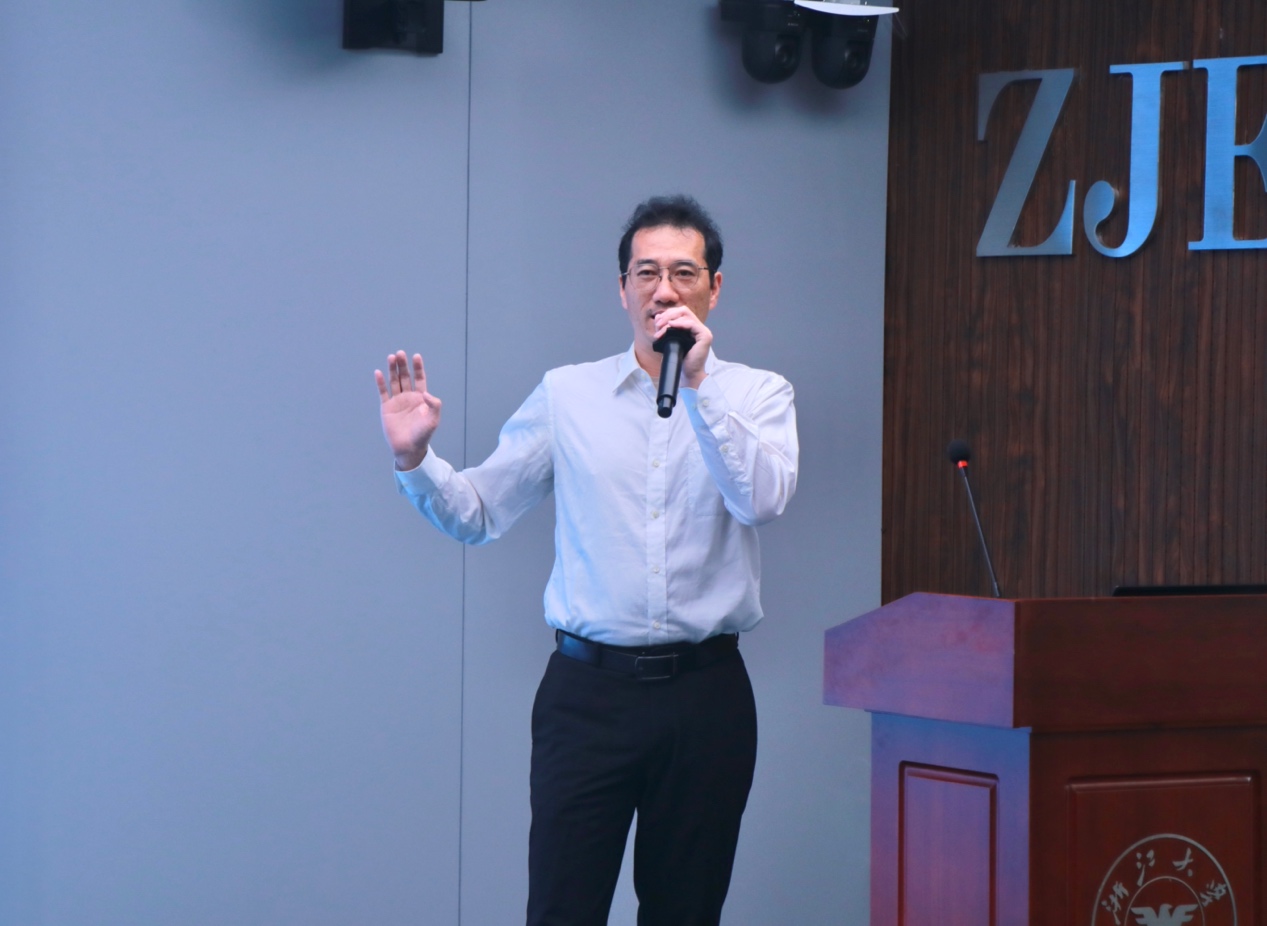
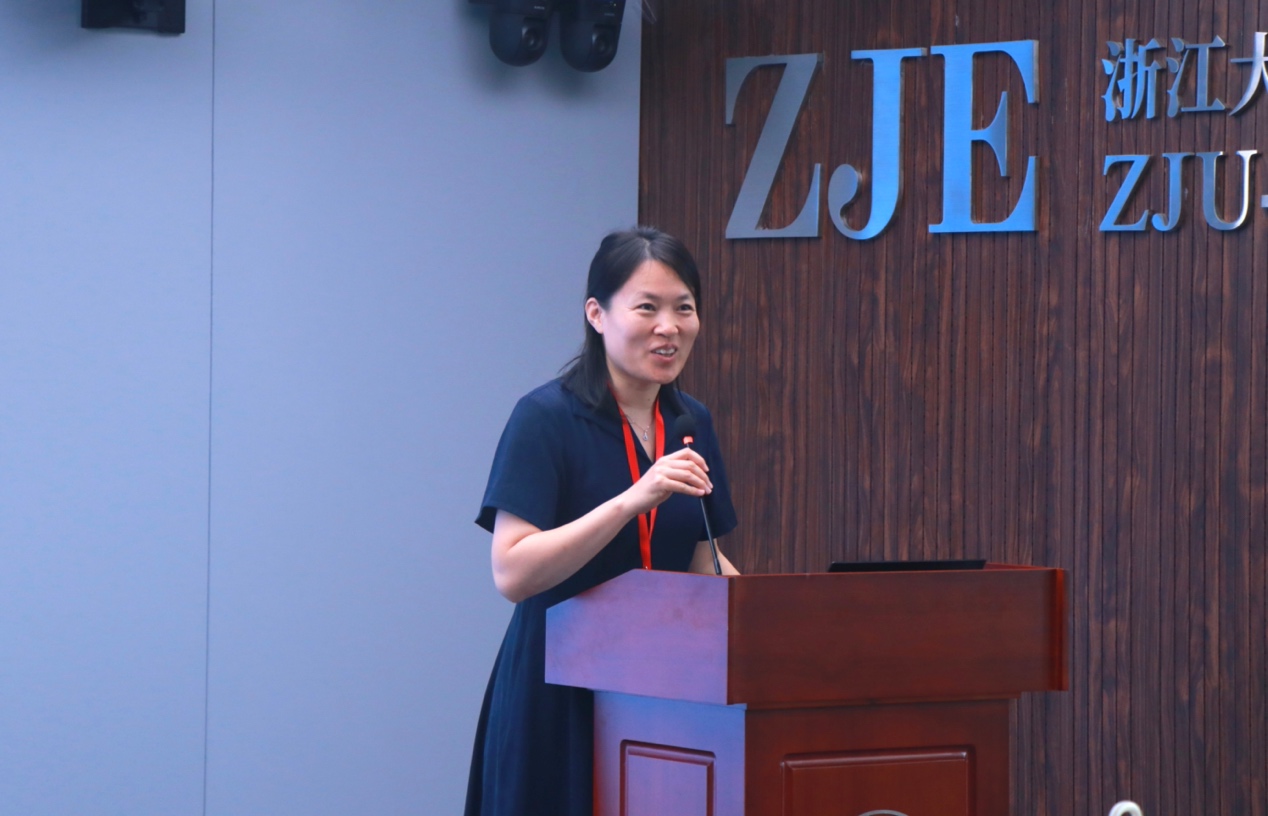
On 10 July, the training concentrated on Linux fundamentals and R graphics. Attendees systematically explored Linux system architecture, terminal basics, file manipulation and permissions, and text processing.
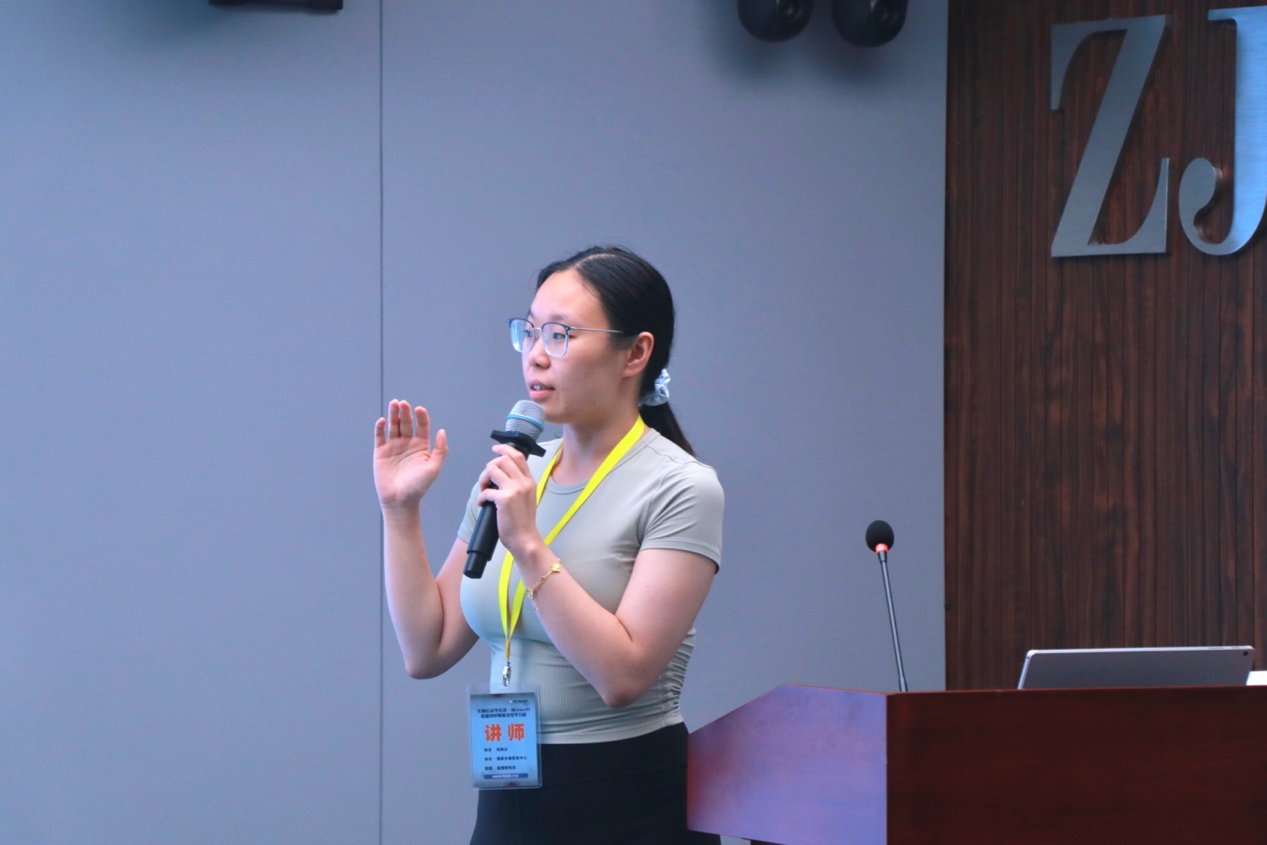
On 11 July, the training began with a keynote by Prof. Ying Chi on AI-driven dynamic molecular structures and cutting-edge omics technologies. This was followed by hands-on sessions covering standard pipelines for both single-cell transcriptomic and immune repertoire data.
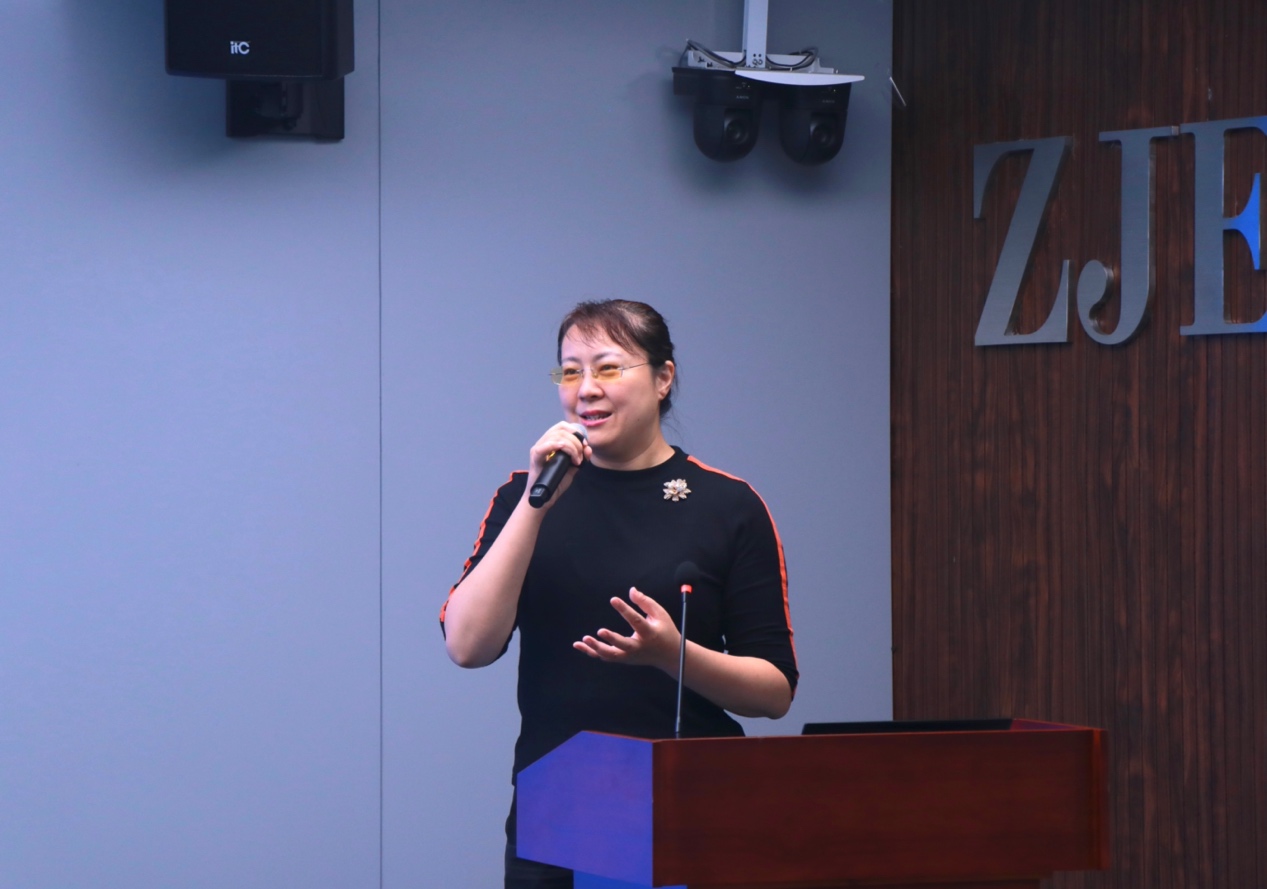
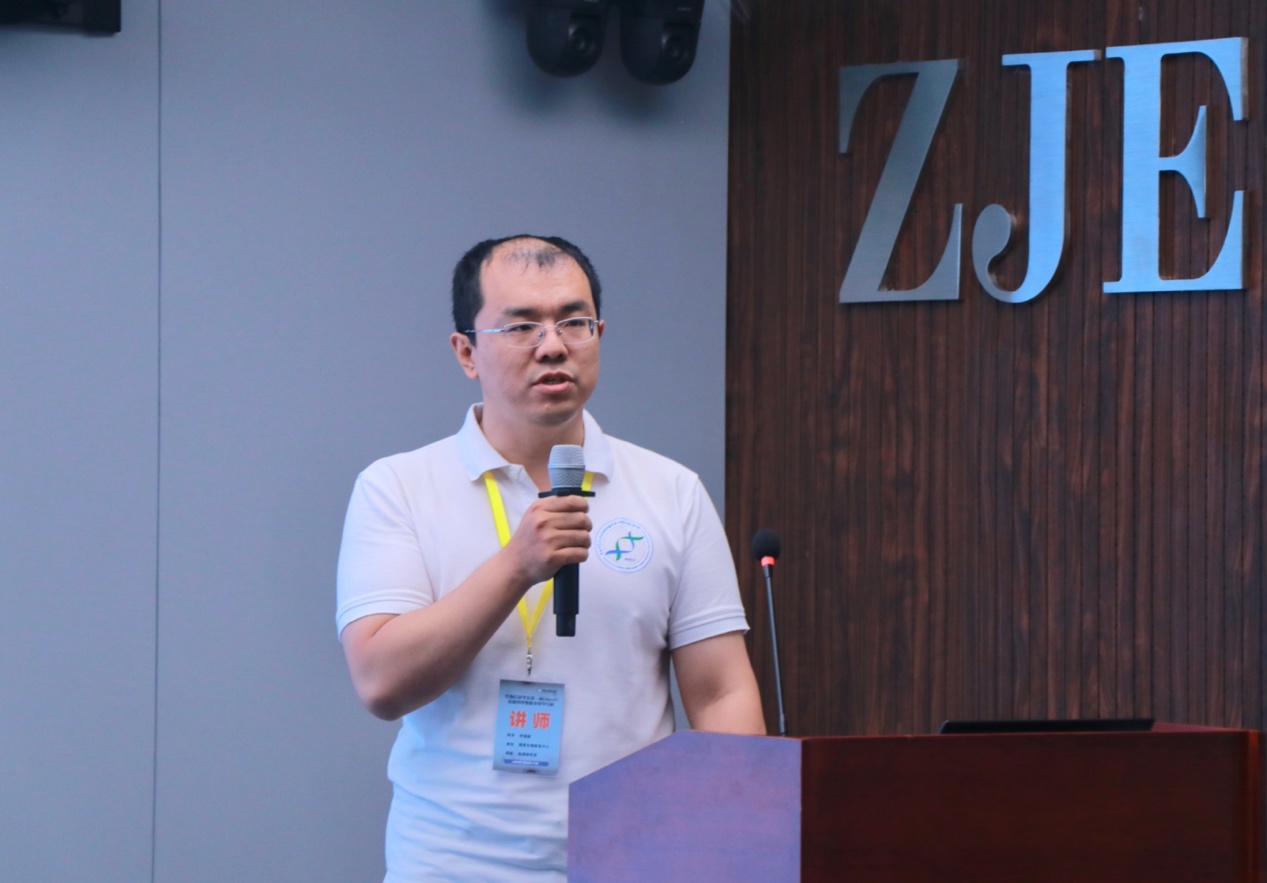
During the hands-on segments, trainees learned to operate Linux servers, visualize single-cell transcriptomic data with ggplot2, and independently develop new R packages from scratch. Advanced exercises included identifying cell-type-specific differentially expressed genes and their associated pathways, as well as integrating dual-omics datasets to pinpoint immune cell subsets with distinct clonotypes.

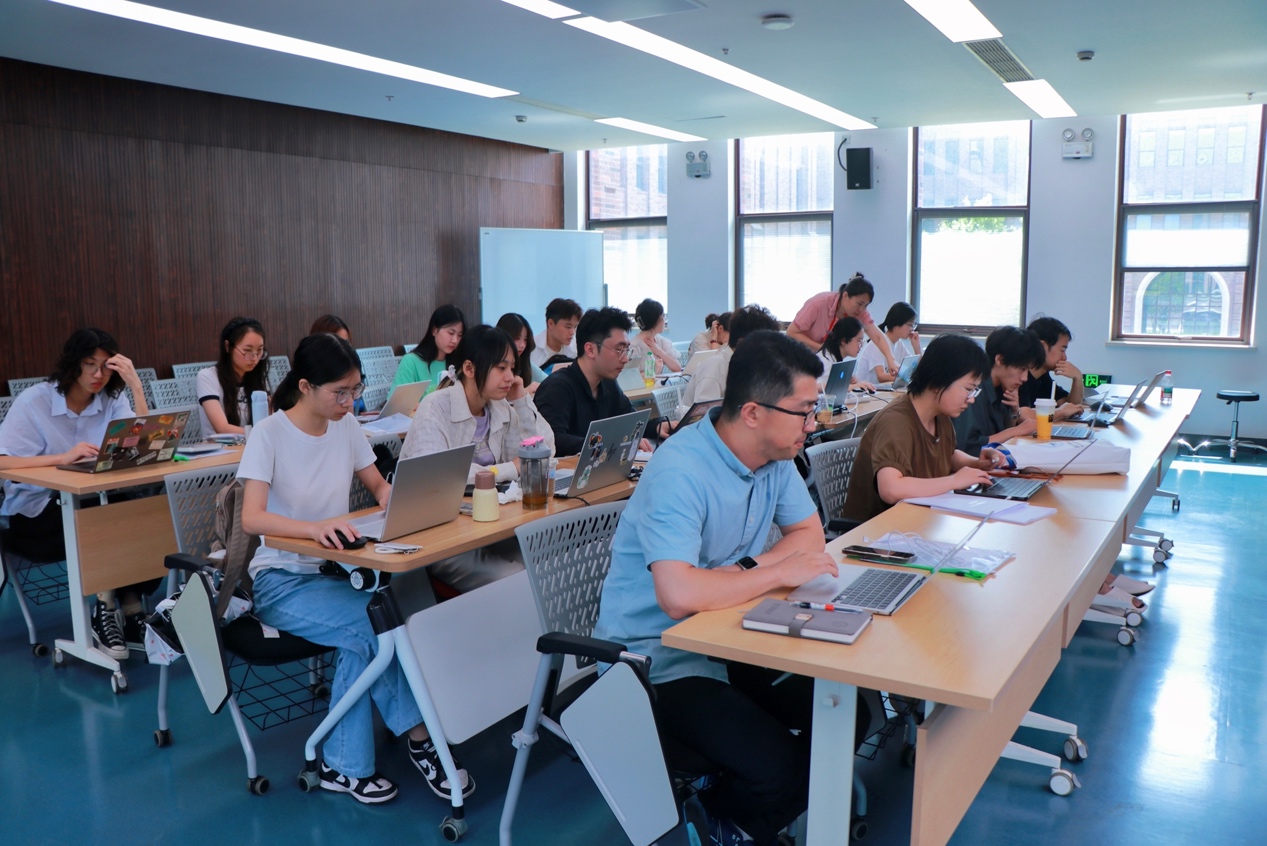
The event drew bioinformatics enthusiasts and professionals from across the country. After an intensive day and a half of learning and practice, participants gained the autonomy to conduct single-cell multi-omics projects and acquired state-of-the-art techniques for integrative analysis and disease-mechanism discovery, laying a solid foundation for future research.
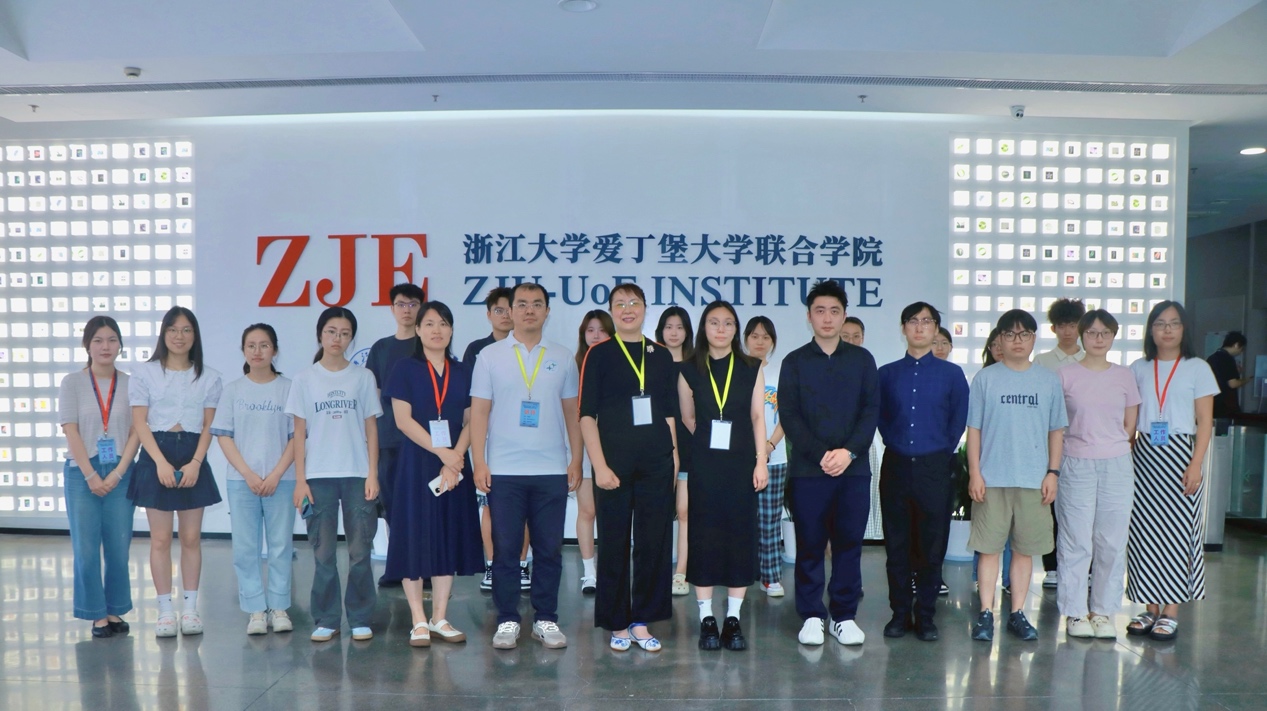
This first collaboration between ZJE and CNCB has created a premier, on-campus platform for hands-on training and scholarly exchange in cutting-edge bioinformatics. It is another key initiative through which ZJE upholds the spirit of “Seeking Truth and Innovation” by delivering precisely the academic activities its researchers need.







